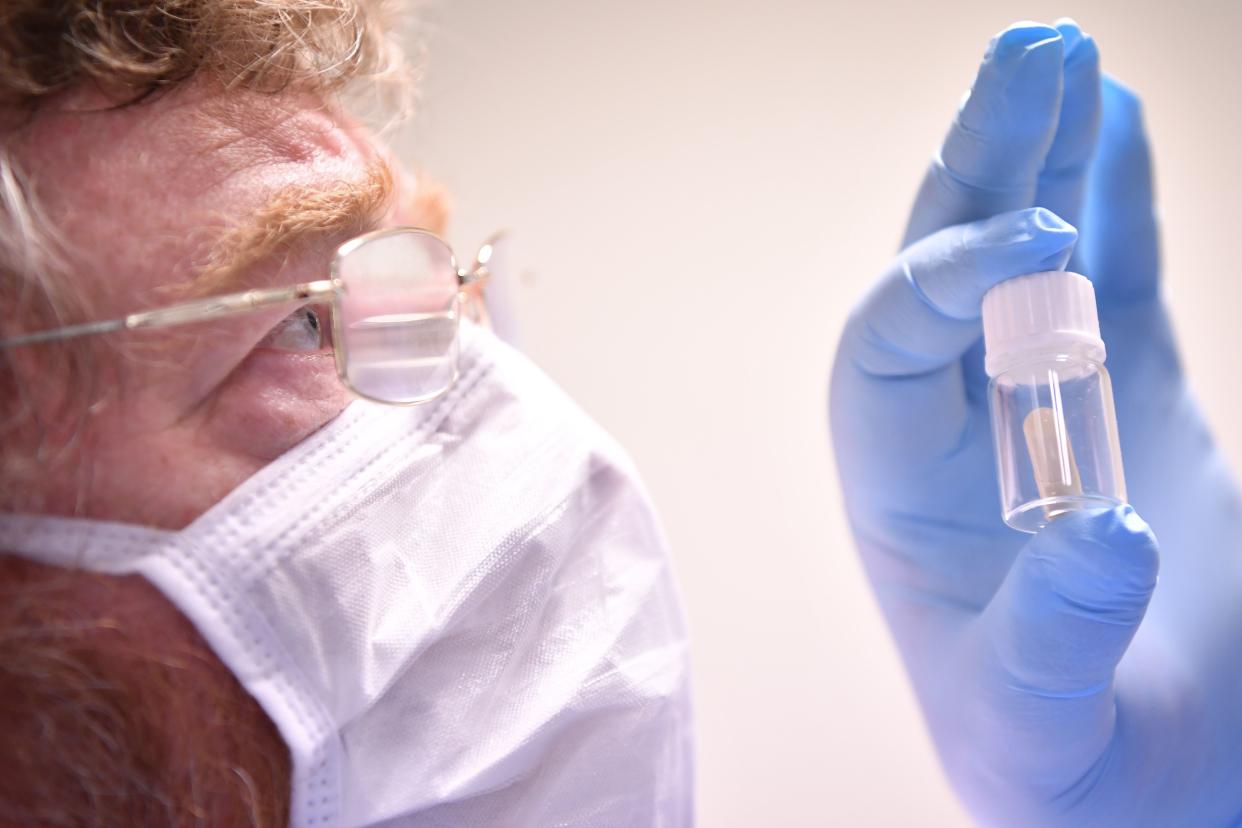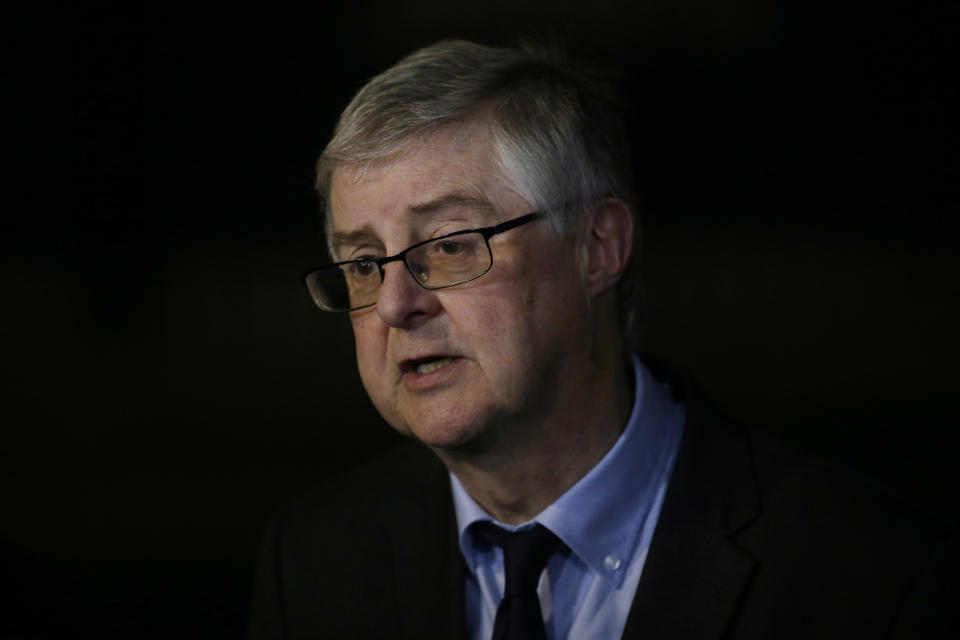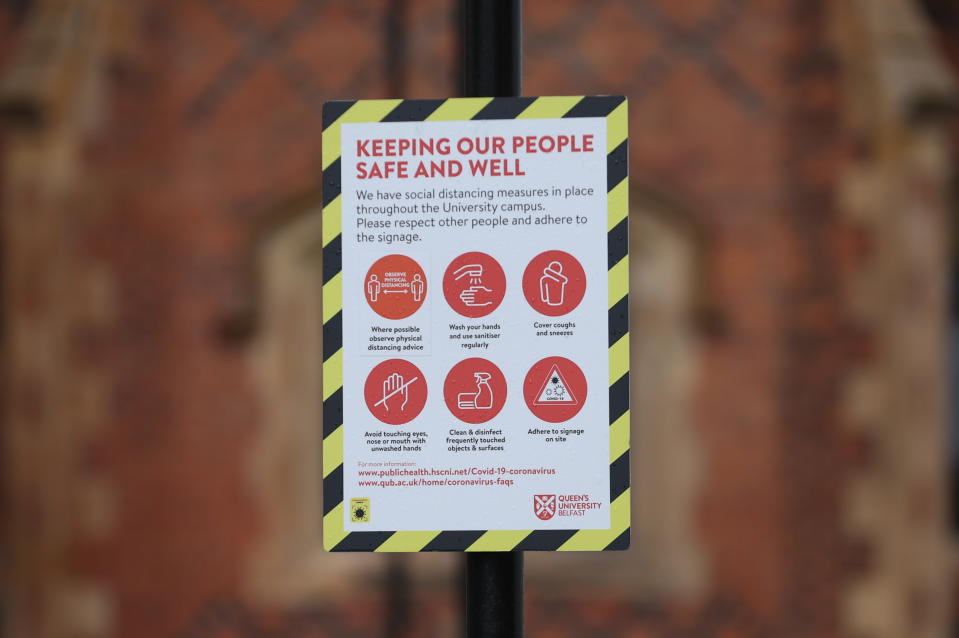Coronavirus vaccine that could end pandemic ‘quite a way away’, Welsh first minister warns

People will have to learn to live with coronavirus because a pandemic-ending vaccine is “quite a way away”, the first minister of Wales has warned.
As the world races to come up with a vaccine to stop the pandemic, Mark Drakeford said the public will have to live with restrictions for “quite a while yet” and suggested the first immunisations may only protect a person for a matter of weeks.
He made his comments during a Welsh government online Q&A session with members of the public on Tuesday.
Drakeford said: “The early vaccines will be vaccines that will give you some protection for a relatively short period of time. Months, sometimes maybe weeks, and then you’ll have to have it again.

“The sort of vaccine that really will put an end to coronavirus is quite a way away, I think. So we’ve got to learn to live with it.”
Urging people to “not get carried away” by what government ministers say about a potential vaccine, Drakeford added: “There is an enormous amount of work going on to create a vaccine.
"But I don’t think the first vaccines we will see will be the sort of vaccine we are used to.”
Drakeford’s comments come as Russia claims to have the world’s first coronavirus vaccine, which it has already sold to India.
Watch: How is coronavirus treated?
Russia’s vaccine, dubbed Sputnik V, was announced by president Vladimir Putin in August, who said his daughter had already taken it.
However, scientists around the world have been sceptical of the country’s claims, saying not enough tests had been done and that it was “highly unlikely” the vaccine was safe.
With coronavirus cases rising across England, government advisers have argued that a second national lockdown is needed to curb the spread.
Professor John Edmunds, who sits on the government’s Sage committee, said the government should enforce stringent measures immediately.
First minister Drakeford said it was “more likely to be the pattern for a while yet” that measures will have to be repeatedly reintroduced across the UK in order to stay on top of transmission rates.
“Vaccines will come, and they will begin to make a difference, but it’s not going to be a miracle,” he said.
“And it’s not going to be a get-out-of-jail-free card, as I sometimes think other people like to imply.”

Figures released on Tuesday showed there were 478 new hospital admissions in England on Sunday – more than 25% higher than the 386 admitted on Saturday, and the highest daily figure since 3 June, when there were 491.
Daily figures showed there had been 14,542 lab-confirmed cases of coronavirus in the UK, as of 9am on Tuesday.
These have trebled in a fortnight – on 22 September, there were 4,926 cases recorded.
The government said a further 76 people had died within 28 days of testing positive for COVID-19 as of Tuesday.
Watch: Are coronavirus antibody tests the way back to ‘normality’?
Coronavirus: what happened today
Click here to sign up to the latest news and information with our daily Catch-up newsletter




